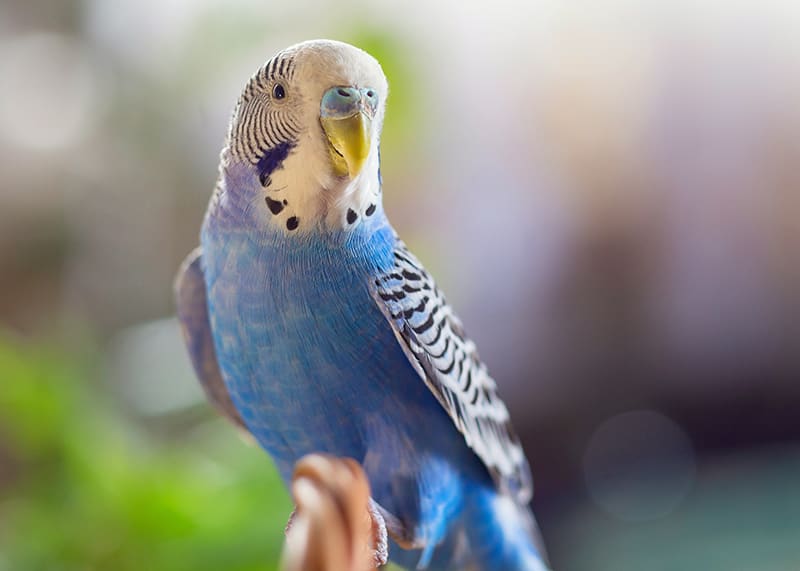Shop At Haya: Your Ultimate Shopping Guide
Discover the best shopping tips, trends, and deals for a smarter buying experience.
Feathers and Friends: Secrets to Happy Birds
Discover the ultimate secrets to keeping your feathered friends joyful and thriving! Unleash expert tips for happy birds today!
Understanding Bird Behavior: What Makes Your Feathered Friend Happy?
Understanding bird behavior is essential for any pet owner who wants to ensure their feathered friend is happy and healthy. Birds are social creatures and thrive on interaction, both with their human companions and other birds. A well-kept environment enriched with toys, perches, and stimulating activities can significantly enhance their mood and overall well-being. It's important to recognize the signs of happiness in your bird, such as chirping, playful behavior, or singing, as these indicate that your pet is comfortable and content in its surroundings.
To keep your bird truly joyful, consider implementing a few simple strategies: 1. Provide social interaction - Spend quality time talking to, playing with, and even training your bird. 2. Create a safe space - Ensure that their cage is comfortable, spacious, and located in a lively part of your home. 3. Offer a variety of toys - Rotate toys regularly to keep their interest piqued. Remember, a happy bird is an interactive bird, so paying attention to their behavioral needs will lead to a more fulfilling life for both you and your feathered friend.

The Ultimate Guide to Bird Diet: Feeding Your Pet for Happiness
Understanding the right bird diet is crucial to ensuring your pet's happiness and health. Birds, being unique creatures, have specific dietary needs that vary by species. A balanced diet typically includes a mix of pellets, fresh fruits, vegetables, and occasional treats. When selecting commercial bird food, look for products high in nutrients and free from artificial additives. It's also important to remember that not all foods are safe for birds. For instance, avocado and chocolate can be toxic, so educate yourself about what foods to avoid.
In addition to commercial food, incorporating fresh fruits and vegetables is essential for a well-rounded bird diet. Aim to fill about 20-25% of your pet's diet with these fresh options, providing a colorful variety to keep their meals interesting. Some excellent choices include:
- Carrots
- Kale
- Apples (without seeds)
- Blueberries
- Bell peppers
Finally, always provide fresh water daily and consult your veterinarian for tailored dietary recommendations. A happy bird is a well-fed bird!
Creating a Comfortable Habitat: Essential Tips for Happy Birds
Creating a comfortable habitat for birds is essential to ensure their happiness and well-being. To begin with, providing appropriate shelter is critical; this can be achieved by using birdhouses or natural foliage that offers protection from harsh weather and predators. Additionally, consider installing feeders that are specifically designed to accommodate the types of birds you want to attract. An attractive habitat often includes a variety of native plants that produce seeds, berries, and nectar, providing food resources throughout the year.
Furthermore, maintaining a clean environment is vital; be sure to regularly clean bird feeders and baths to prevent the spread of disease. You can enhance the habitat by creating water sources, such as shallow bird baths, which not only serve as drinking spots but also as places for birds to bathe. Lastly, incorporate perches and nesting materials to give birds a safe space to rest and build their nests. Following these essential tips will help you create a thriving, comfortable habitat where birds can flourish and exhibit their natural behaviors.